機器人涂裝線:質量檢測的 “智能找茬” 全攻略
在汽車制造、工程機械等行業的生產車間里,機器人涂裝線如同不知疲倦的 “彩妝大師”,用精準的機械臂動作給工件披上均勻美觀的涂層。但再精湛的 “妝容” 也需要嚴格的質量把關,如何讓機器人涂裝線的涂層質量經得起時間和環境的考驗?從涂層附著的 “根基” 到表面效果的 “顏值”,從物理性能的 “內在實力” 到缺陷排查的 “細節控”,一整套智能檢測體系正在為涂裝質量構建全方位的 “體檢系統”。
In the production workshops of industries such as automobile manufacturing and engineering machinery, robot painting lines are like tireless "makeup masters", using precise robotic arm movements to evenly and beautifully coat workpieces. But even the most exquisite "makeup" requires strict quality control. How to make the coating quality of the robot painting line withstand the test of time and environment? From the "foundation" of coating adhesion to the "appearance" of surface effects, from the "intrinsic strength" of physical properties to the "detail control" of defect inspection, a complete set of intelligent detection systems is building a comprehensive "inspection system" for coating quality.
涂裝質量檢測的第一步,是對工件預處理環節的 “源頭把控”。機器人涂裝線在噴涂前,通常會對工件進行脫脂、磷化、電泳等預處理,這些工序直接影響涂層的附著力和防腐性能。檢測預處理效果時,需要關注表面清潔度和粗糙度:清潔度檢測通過肉眼觀察或用膠帶粘取法,檢查工件表面是否殘留油污、金屬屑等雜質,這些污染物會成為涂層起泡、脫落的隱患;粗糙度檢測則使用粗糙度儀,測量工件表面的微觀起伏,合適的粗糙度能增加涂層與基材的接觸面積,提升附著力,例如汽車車身的磷化膜粗糙度需控制在 Ra 0.2-0.5μm 范圍內,確保電泳涂層均勻吸附。
The first step in coating quality inspection is the "source control" of the pre-treatment process of the workpiece. Before spraying, the robot painting line usually performs pre-treatment on the workpiece, such as degreasing, phosphating, electrophoresis, etc. These processes directly affect the adhesion and anti-corrosion performance of the coating. When testing the pre-treatment effect, attention should be paid to surface cleanliness and roughness: cleanliness testing is performed by observing with the naked eye or using adhesive tape to check for residual oil stains, metal shavings, and other impurities on the surface of the workpiece. These pollutants can become hidden dangers for coating foaming and peeling; The roughness detection uses a roughness meter to measure the micro undulations on the surface of the workpiece. Appropriate roughness can increase the contact area between the coating and the substrate, improve adhesion. For example, the roughness of the phosphating film on the car body needs to be controlled within the range of Ra 0.2-0.5 μ m to ensure uniform adsorption of the electrophoretic coating.
進入噴涂環節,機器人的噴涂參數直接決定涂層的均勻性和厚度。實時監測噴涂流量、壓力、霧化效果等參數,是避免出現流掛、橘皮、漏噴等缺陷的關鍵。現代涂裝線會在機器人噴涂區域安裝紅外傳感器或激光測距儀,實時檢測噴槍與工件的距離和角度,確保噴涂軌跡精準;通過質量流量計監測涂料輸出量,結合工件移動速度,計算實際涂層厚度是否符合設計要求(如汽車面漆厚度通常控制在 30-40μm)。對于多色噴涂或復雜曲面工件,還會借助視覺定位系統,通過攝像頭實時捕捉工件位置,引導機器人調整噴涂路徑,避免因定位偏差導致的涂層邊緣不齊或顏色邊界模糊。
Entering the spraying process, the spraying parameters of the robot directly determine the uniformity and thickness of the coating. Real time monitoring of spray flow rate, pressure, atomization effect and other parameters is the key to avoiding defects such as sagging, orange peel, and missed spraying. Modern painting lines will install infrared sensors or laser rangefinders in the robot spraying area to detect the distance and angle between the spray gun and the workpiece in real time, ensuring accurate spraying trajectory; By monitoring the coating output through a quality flow meter and combining it with the workpiece movement speed, calculate whether the actual coating thickness meets the design requirements (such as the thickness of automotive topcoat is usually controlled at 30-40 μ m). For multi-color spraying or complex curved workpieces, a visual positioning system is also used to capture the real-time position of the workpiece through a camera, guiding the robot to adjust the spraying path and avoid uneven coating edges or blurred color boundaries caused by positioning deviations.
涂層干燥后的外觀檢測,是質量檢測的 “面子工程”。人工目檢雖然直觀,但受限于肉眼分辨率和主觀性,難以滿足高精度要求。智能視覺檢測系統應運而生,它由多個高清攝像頭和圖像處理軟件組成,能以毫米級精度掃描工件表面,自動識別顆粒、縮孔、色差、光澤度不均等缺陷。例如,檢測汽車面漆時,系統會將采集到的圖像與標準樣件的數字圖像進行比對,通過算法分析顏色偏差(ΔE 值控制在 1.0 以內)和表面紋理,連 0.1mm 大小的顆粒也能被精準捕捉。對于曲面或復雜結構工件,還會采用 3D 視覺檢測技術,通過結構光或激光掃描獲取表面三維數據,分析涂層厚度的均勻性和表面輪廓的一致性。
The appearance inspection after coating drying is the "face engineering" of quality inspection. Although manual visual inspection is intuitive, it is limited by visual resolution and subjectivity, making it difficult to meet high-precision requirements. The intelligent visual inspection system has emerged, consisting of multiple high-definition cameras and image processing software, which can scan the surface of the workpiece with millimeter level accuracy, automatically identify defects such as particles, shrinkage, color difference, and uneven glossiness. For example, when detecting car paint, the system compares the collected images with the digital images of standard samples, and analyzes color deviation (Δ E value controlled within 1.0) and surface texture through algorithms. Even particles with a size of 0.1mm can be accurately captured. For curved or complex structured workpieces, 3D vision inspection technology is also used to obtain surface 3D data through structured light or laser scanning, analyzing the uniformity of coating thickness and the consistency of surface contour.
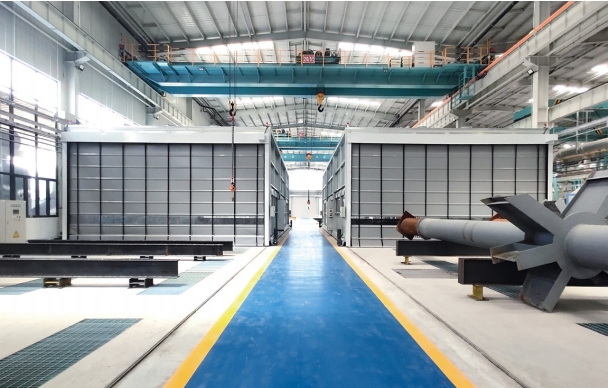
涂層的物理性能檢測是衡量其耐用性的 “內在硬指標”。膜厚檢測是基礎項目,常用渦流法(適用于有色金屬基材)或磁性法(適用于鋼鐵基材),通過探頭感應涂層對電磁場的影響,快速測量干膜厚度,確保各區域膜厚在設計公差范圍內(如防腐涂層厚度需達到 80-100μm)。附著力檢測采用劃格法,用專用刀具在涂層表面劃出網格狀切口,粘貼膠帶后快速撕離,觀察涂層脫落情況,0 級(無脫落)為最佳,3 級及以下則需重新噴涂。硬度檢測使用鉛筆硬度計,以不同硬度的鉛筆在涂層表面劃刻,判斷涂層抵抗劃傷的能力,例如汽車清漆層硬度通常要求達到 2H 以上。耐沖擊性檢測則通過落錘裝置,模擬外界沖擊力對涂層的影響,觀察涂層是否出現開裂或脫落,確保在運輸或使用過程中經得起意外碰撞。
The physical performance testing of coatings is the 'intrinsic hardness index' to measure their durability. Film thickness detection is a basic project, commonly using eddy current method (applicable to non-ferrous metal substrates) or magnetic method (applicable to steel substrates). By sensing the influence of the coating on the electromagnetic field with a probe, the dry film thickness is quickly measured to ensure that the film thickness in each area is within the design tolerance range (such as the anti-corrosion coating thickness needs to reach 80-100 μ m). The adhesion test adopts the grid method, using a specialized tool to make grid like incisions on the surface of the coating. After pasting the tape, quickly peel it off and observe the coating detachment. Grade 0 (no detachment) is the best, and Grade 3 and below require re spraying. Hardness testing uses a pencil hardness tester to mark different hardness pencils on the surface of the coating to determine its ability to resist scratches. For example, the hardness of automotive varnish layers is usually required to reach 2H or above. The impact resistance test uses a hammer device to simulate the impact of external forces on the coating, observe whether the coating cracks or falls off, and ensure that it can withstand accidental collisions during transportation or use.
隱藏在涂層內部的缺陷,需要借助 “透視眼” 般的檢測手段。孔隙率檢測用于評估防腐涂層的致密性,采用電解液滲透法或氣體泄漏法,檢查涂層是否存在貫通至基材的微小孔隙,這些孔隙會成為水分和腐蝕性介質滲透的通道,導致基材生銹。對于多層涂裝體系(如底漆、面漆、清漆),層間附著力檢測尤為重要,可通過彎曲試驗或拉開法,觀察各涂層之間是否發生分層剝離,確保多層結構形成穩定的整體。在環保要求嚴格的今天,涂層的化學成分檢測也必不可少,通過光譜分析技術(如 X 射線熒光光譜),檢測涂層中的重金屬含量(鉛、鎘、鉻等)和揮發性有機物(VOC)殘留,確保符合相關環保標準,避免對人體和環境造成危害。
Defects hidden inside the coating require the use of a "perspective eye" like detection method. Porosity testing is used to evaluate the density of anti-corrosion coatings, using electrolyte penetration or gas leakage methods to check for the presence of tiny pores that penetrate into the substrate. These pores can become channels for moisture and corrosive media to penetrate, causing rusting of the substrate. For multi-layer coating systems (such as primer, topcoat, and clear coat), interlayer adhesion testing is particularly important. It can be observed through bending tests or pull-out methods to determine if delamination occurs between each coating, ensuring that the multi-layer structure forms a stable whole. In today's strict environmental requirements, chemical composition testing of coatings is also essential. Through spectral analysis techniques such as X-ray fluorescence spectroscopy, the content of heavy metals (lead, cadmium, chromium, etc.) and residual volatile organic compounds (VOCs) in coatings can be detected to ensure compliance with relevant environmental standards and avoid harm to human health and the environment.
質量檢測的最后一環,是對檢測數據的追溯和異常處理。機器人涂裝線的每個檢測環節都會生成詳細的數據記錄,包括檢測時間、工件編號、檢測參數、合格狀態等,這些數據被接入生產管理系統,形成完整的質量檔案。當檢測到不合格品時,系統會自動觸發警報,提示操作人員對問題工件進行隔離,并追溯噴涂過程中的參數波動、涂料批次、機器人運行狀態等信息,快速定位問題源頭。例如,若連續多個工件出現涂層厚度不足,可能是噴槍噴嘴堵塞或涂料壓力異常,需及時停機維護;若發現附著力不合格,需排查預處理工序是否存在油污殘留或粗糙度不達標問題。
The final stage of quality inspection is the tracing and exception handling of inspection data. Each inspection stage of the robot painting line generates detailed data records, including inspection time, workpiece number, inspection parameters, qualified status, etc. These data are integrated into the production management system to form a complete quality file. When non-conforming products are detected, the system will automatically trigger an alarm, prompting the operator to isolate the problematic workpiece and trace information such as parameter fluctuations, paint batches, and robot operation status during the spraying process to quickly locate the source of the problem. For example, if multiple workpieces have insufficient coating thickness in a row, it may be due to nozzle blockage or abnormal coating pressure of the spray gun, and it is necessary to stop the machine for maintenance in a timely manner; If the adhesion is found to be unqualified, it is necessary to investigate whether there are residual oil stains or roughness issues in the pre-treatment process.
本文由機器人涂裝線友情奉獻.更多有關的知識請點擊:http://www.gtjjw.cn我們將會對您提出的疑問進行詳細的解答,歡迎您登錄網站留言.
This article is dedicated to the automatic shot blasting machine and friendship For more information, please click: http://www.gtjjw.cn We will provide detailed answers to your questions. You are welcome to log in to our website and leave a message
上一篇:噴粉線 “速度迷局” 破解:如何終結固化不足的難題
下一篇:


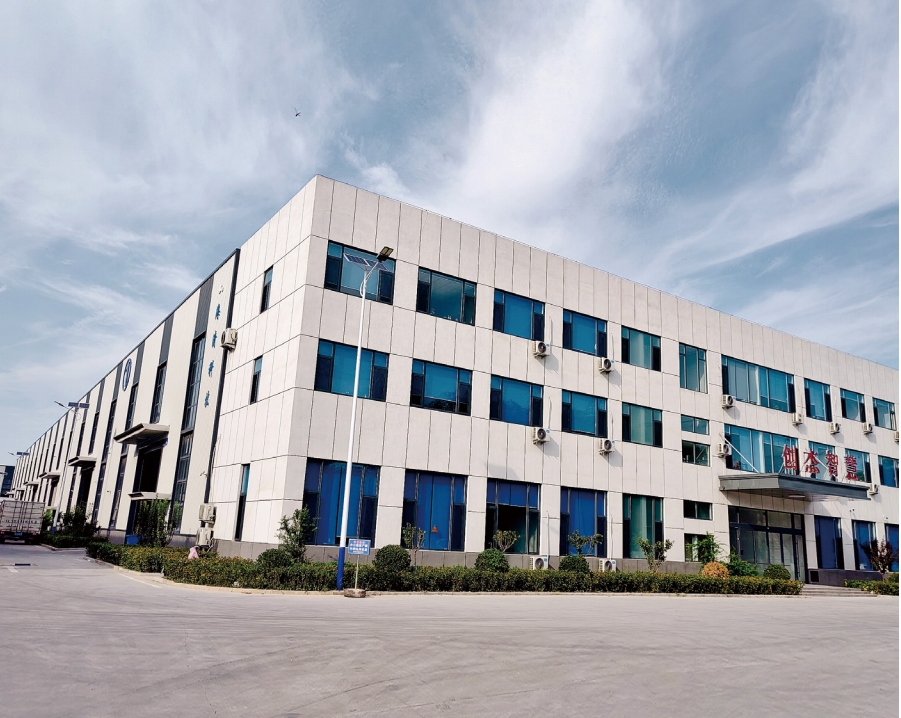
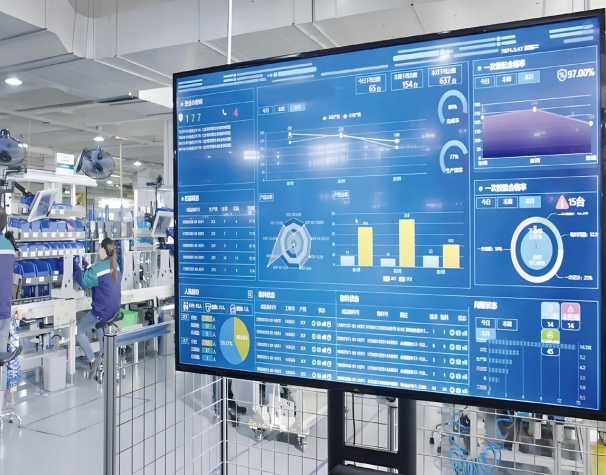
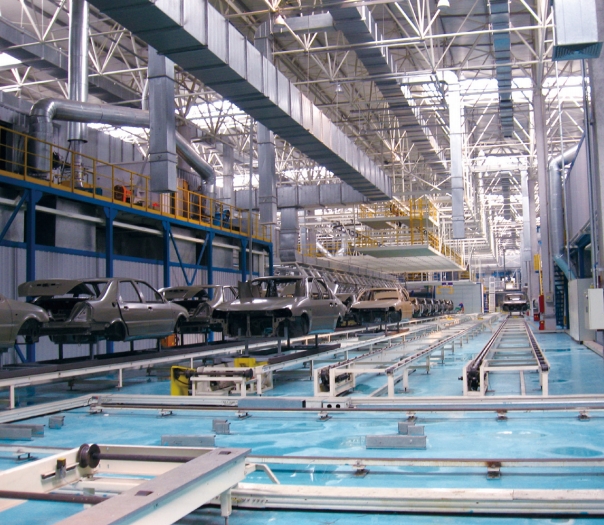
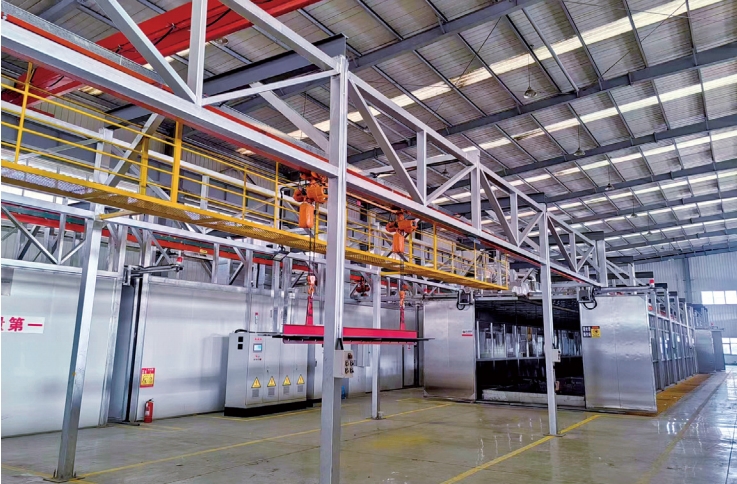
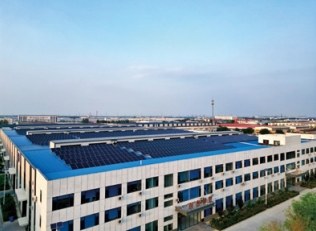
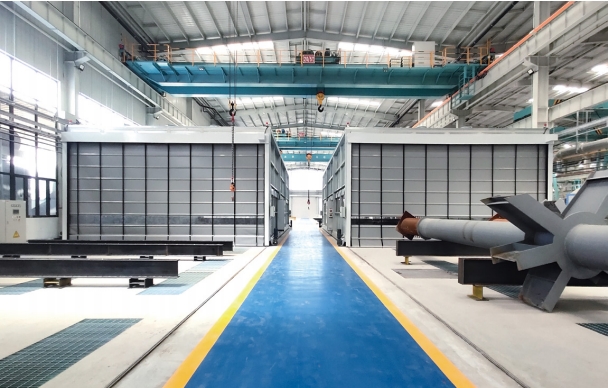
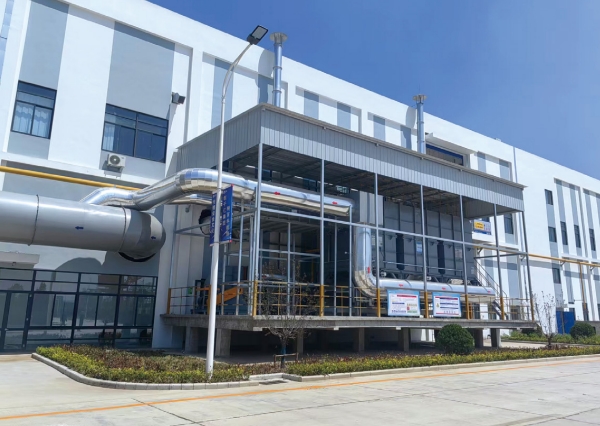
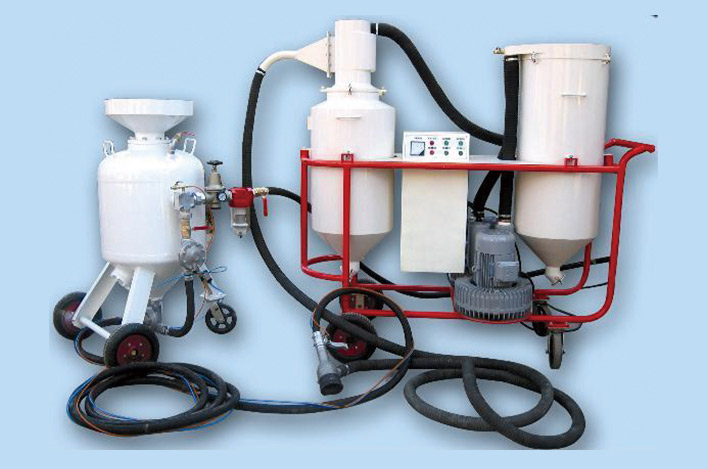
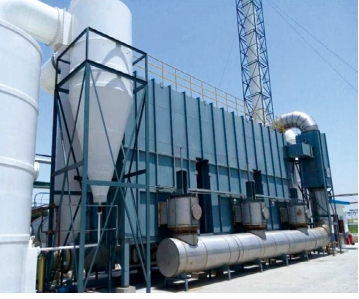
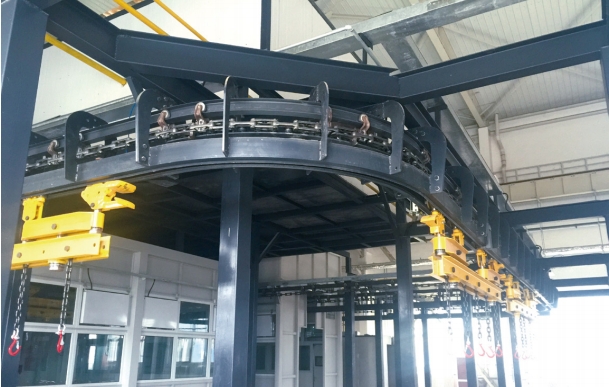
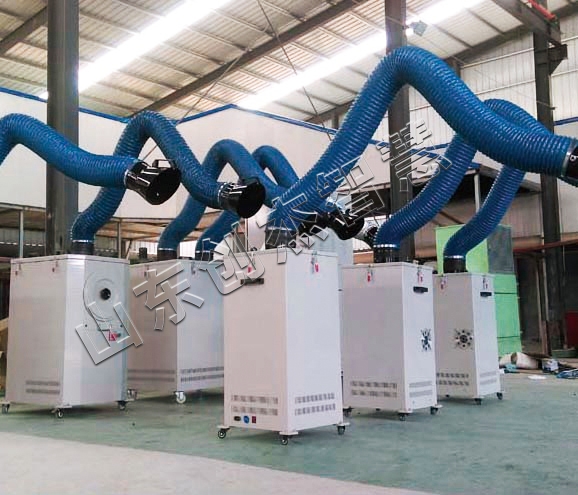
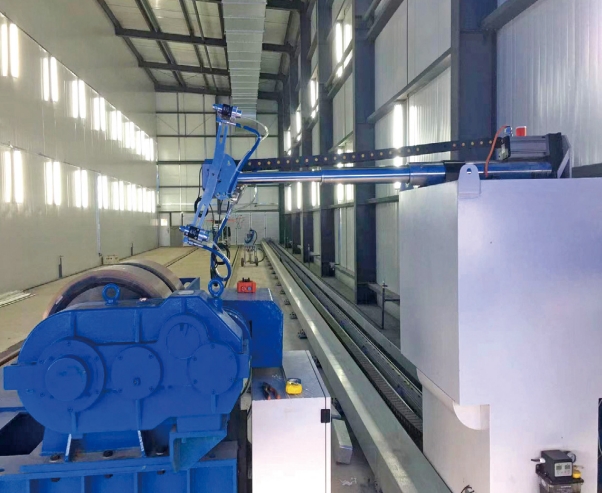
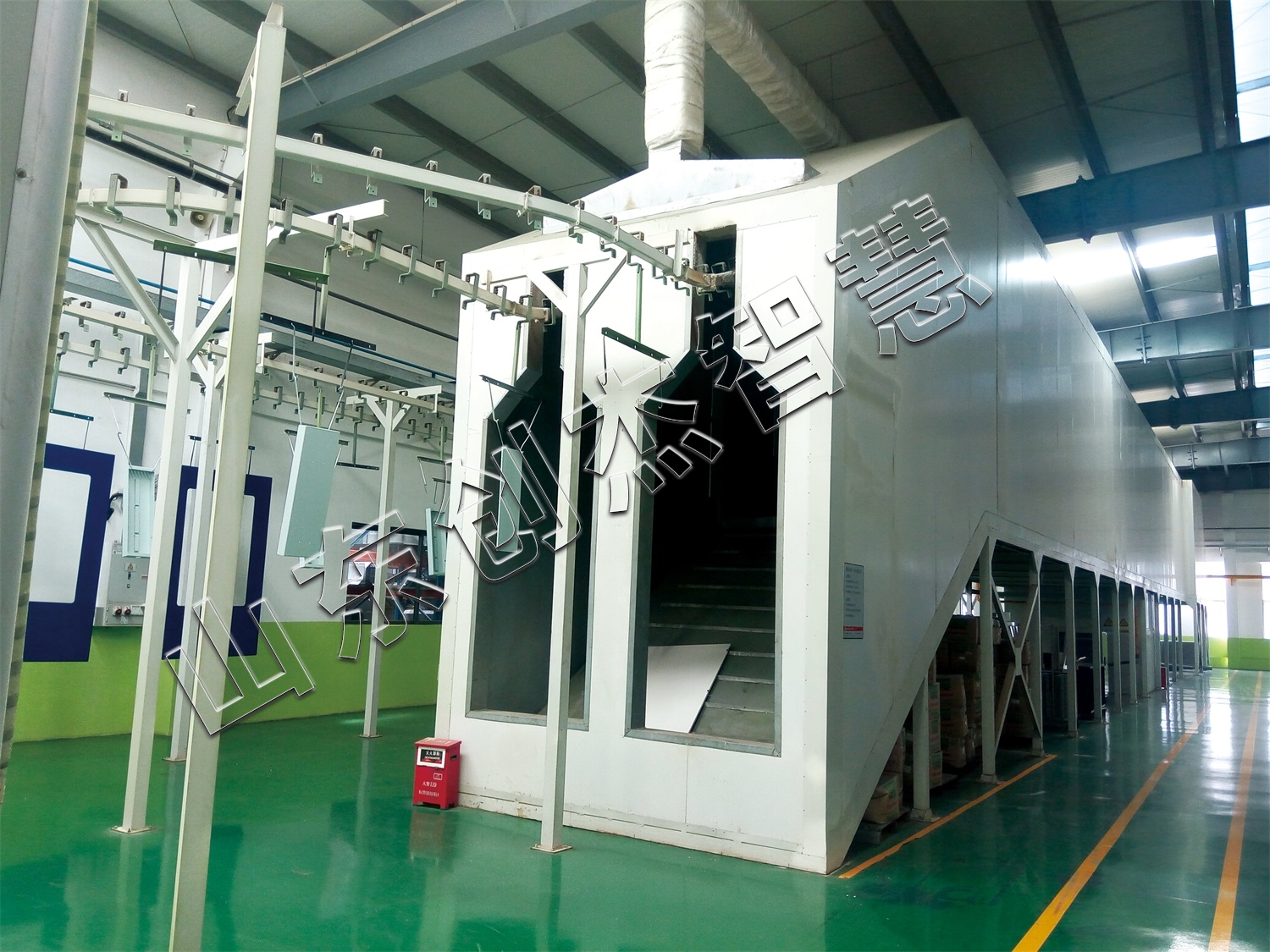

 魯公網安備 37142502000144號
魯公網安備 37142502000144號